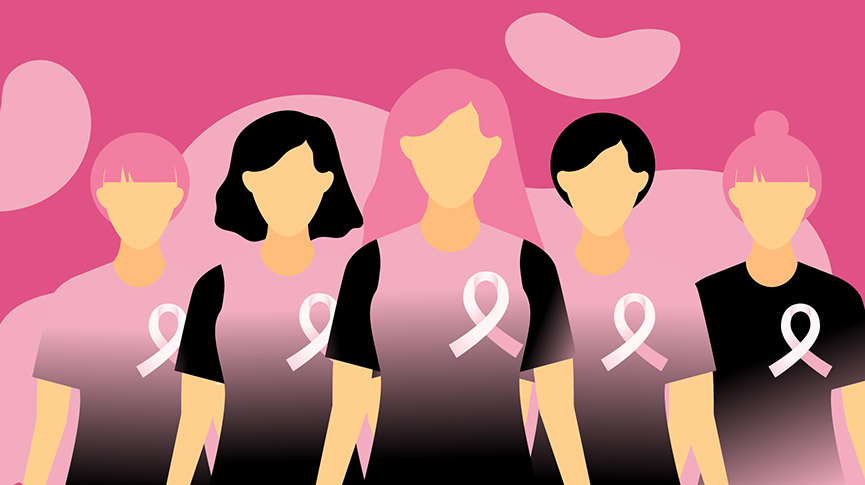It’s National Women and Girl’s HIV/AIDS Awareness Day

On March 10th, National Women and Girl’s HIV/AIDS Awareness Day seeks to raise awareness about the disease for women and girls. Though associated with cis gay men, HIV/AIDS affects women every day in the United States.
What are the Risks?
While large strides have been made, today about a quarter of a million women will be diagnosed with HIV in the United States every year, and it disproportionately affects Black and Hispanic women.
Isn’t There a Cure Now?
Currently, those who are infected with HIV can use antiretroviral treatment that means living a long and healthy life, as well as makes have an undetectable viral load – which means non-transmittable as long as the treatment is kept up.
Researchers are reporting success in finding a treatment to keep HIV undetectable, but they’re a long way from being widely available.
What Can I Do to Protect Myself and My Partners?
Any sexually-active person can get HIV, though some sexual behaviors carry more risk than others. Penis-in-vagina sex with an infected person carries high-risk because the vagina is a large area of mucus membrane that can be exposed to the virus over several days if infected semen is inside it.
Get Tested
The only way to know for sure if you have HIV is to get tested early and often – don’t assume that your past partners even knew their status if it was never talked about. We have a guide to getting an STI screening if you’ve never been before! If you and your partner want to be sexually monogamous, finding out your status should be a first step. From the Office on Women’s Health:
“Most private insurance plans must cover HIV testing at no cost to you. Medicare and Medicaid often cover HIV testing but you might have a copay, coinsurance, or deductible. Call your health insurance plan to learn more.”
Use Protection
If you aren’t in a monogamous relationship, using a barrier method such as a ‘male’ condom (think, what you practice putting on a banana in Health Class) or an internal condom can help reduce your risk.
Consider PrEP
If you or your partner is HIV positive and the other isn’t, PrEP is a daily pill (just like hormonal birth control) that can reduce your risk of transmitting HIV by 90%. As well, if you think you’ve been exposed to HIV, you may be able to reduce your risk of being infected if you take PrEP within 72 hours.
Talk to Your Doctor
If you think you’ve been exposed to HIV, or just want more information on protecting yourself, please talk to your doctor today – and on National Women and Girl’s HIV/AIDS Awareness Day, talk to your friends and your family too!
Please note that advice offered by Intimina may not be relevant to your individual case. For specific concerns regarding your health, always consult your physician or other licensed medical practitioners

Lane Baumeister is an internationally-based Canadian writer with several years’ experience creating educational and entertaining articles that discuss intimate health and sexual well-being. When not waxing profound about menstruation, she devotes herself to enjoying extremely good food and equally bad movies.


